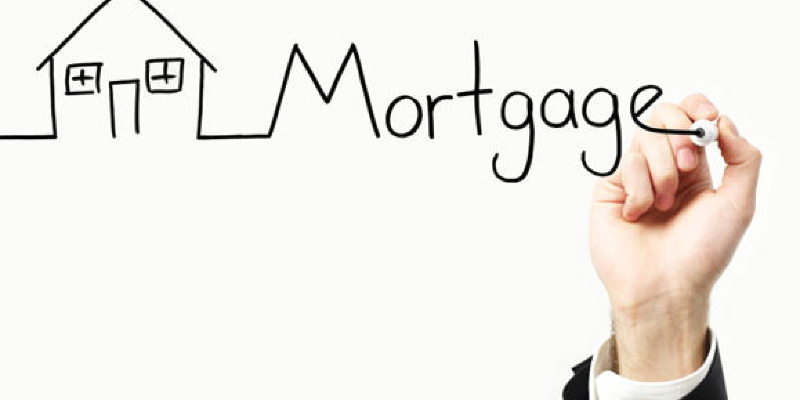Purchasing a home is exciting but can also be stressful, especially if you don’t understand all the closing costs involved. Your price at closing fees will vary depending on your mortgage company. You must understand as much as you can about closing fees before purchasing your home so you won’t be faced with unexpected costs during your home mortgage closing.
Personal Mortgage Insurance
If your plan is to create a deposit of less than 20 percent when you purchase your home, it’s very likely your mortgage company will ask you to get private mortgage insurance, also known as PMI. The insurance protects the attention of the mortgage company if you default on your mortgage payments. The good news is that once you’ve obtained at least 20 percent equity in your home, you can cancel the PMI in most instances. Check with your lender to see whether it delivers a mortgage alternative in which it pays your PMI. If you get this option with your mortgage, you may pay a higher interest rate for your loan.
Points
Paying points in the closing is one way you can reduce the interest rate of the loan. Some mortgage businesses allow you to fund the price of points together with your original home loan. It is also feasible that the seller may agree to pay for part or all the points as an incentive to make a fast sell of the home. Keep track of points paid in closing as they may be tax deductible.
Loan Origination Fee
Your loan origination fee will be the amount your mortgage loan provider charges you for finishing all of the paperwork involved in closing your loan. This fee could include fees for lawyers, a Notary, charges for preparing paperwork and other similar penalties. Loan origination fees can vary by lender, typically $1,000 to $2,000. Many times, your lender will reduce these penalties should you make a bigger down payment.
Escrow Funds
Some lenders will require you to place money in an escrow account to cover future expenses such as flood insurance, homeowner’s insurance or property taxes. This is a way for the mortgage company to protect its interest in the property. If you have an escrow account, your mortgage company will pay the fees when due. You will finance your escrow account during closing.
Good Faith Estimate
A number of different fees may have to be paid in closing depending on the mortgage company. You may find out ahead of your loan closing what these fees will be by requesting the “good faith estimate” This is a document the lender is required to provide to you that reveals all expected closing costs.
